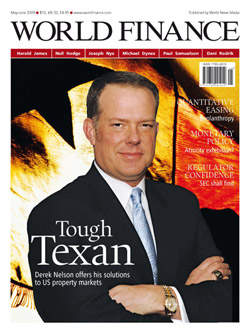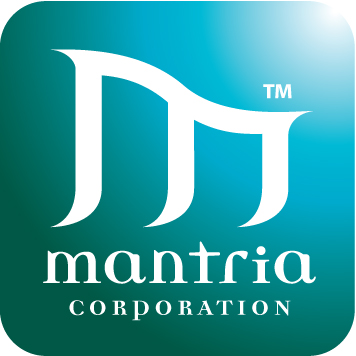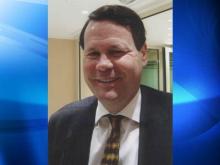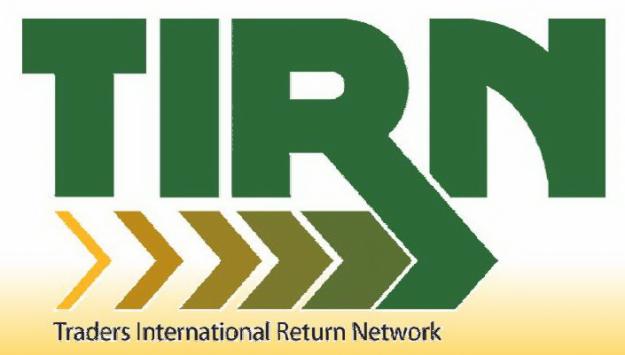January 7, 2010 – Richard Elkinson, 76 of Framingham, Massachusetts, was allegedly operating an investment scam out of his home through his company Northeast Sales. The criminal complaint filed by U.S. Attorney, Carmen M. Ortiz’ office claims that Elkinson raised $29 million from 130 investors over the last 20 years. On Tuesday, Elkinson was arrested in Mississippi and will be arraigned in Massachusetts in the near future.
Northeast Sales claimed investor capital was used to broker contracts with a uniform manufacturer in Japan. Many of the victims of the alleged scheme were friends and long time colleagues of Elkinson.
According to the Federal Bureau of Investigation (“FBI”), in 2003 or 2004, Elkinson recruited Jay Fialko and Jeff Ross to work as “finders” to induce more investors. Fialko and Ross were both investors in Northeast Sales since 1997 and the two men operate Ross Fialko Capital Partners in Newton, MA. According to the FBI, the two men raised about $10 million for Northeast Sales and received about $200,000 for their referrals. Ross and Fialko cooperated with the FBI and are not expected to be charged criminally.
 Boston Accident and Injury Lawyer
Boston Accident and Injury Lawyer









 According to the complaint, Wise and Millennium Bank raised over $150 million from over 250 investors by promising returns as high as 9% on premium certificates of deposit, when the market was offering much lower rates. Millennium Bank was primarily operated out of Napa, California and claimed to be a subsidiary of United Trust of Switzerland, another Wise entity. Millennium Bank’s sophisticated internet marketing allowed them to dupe hundreds of investors worldwide.
According to the complaint, Wise and Millennium Bank raised over $150 million from over 250 investors by promising returns as high as 9% on premium certificates of deposit, when the market was offering much lower rates. Millennium Bank was primarily operated out of Napa, California and claimed to be a subsidiary of United Trust of Switzerland, another Wise entity. Millennium Bank’s sophisticated internet marketing allowed them to dupe hundreds of investors worldwide.

![images[6].jpg](https://www.bostonaccidentinjurylawyer.com/files/2014/03/images6.jpg)